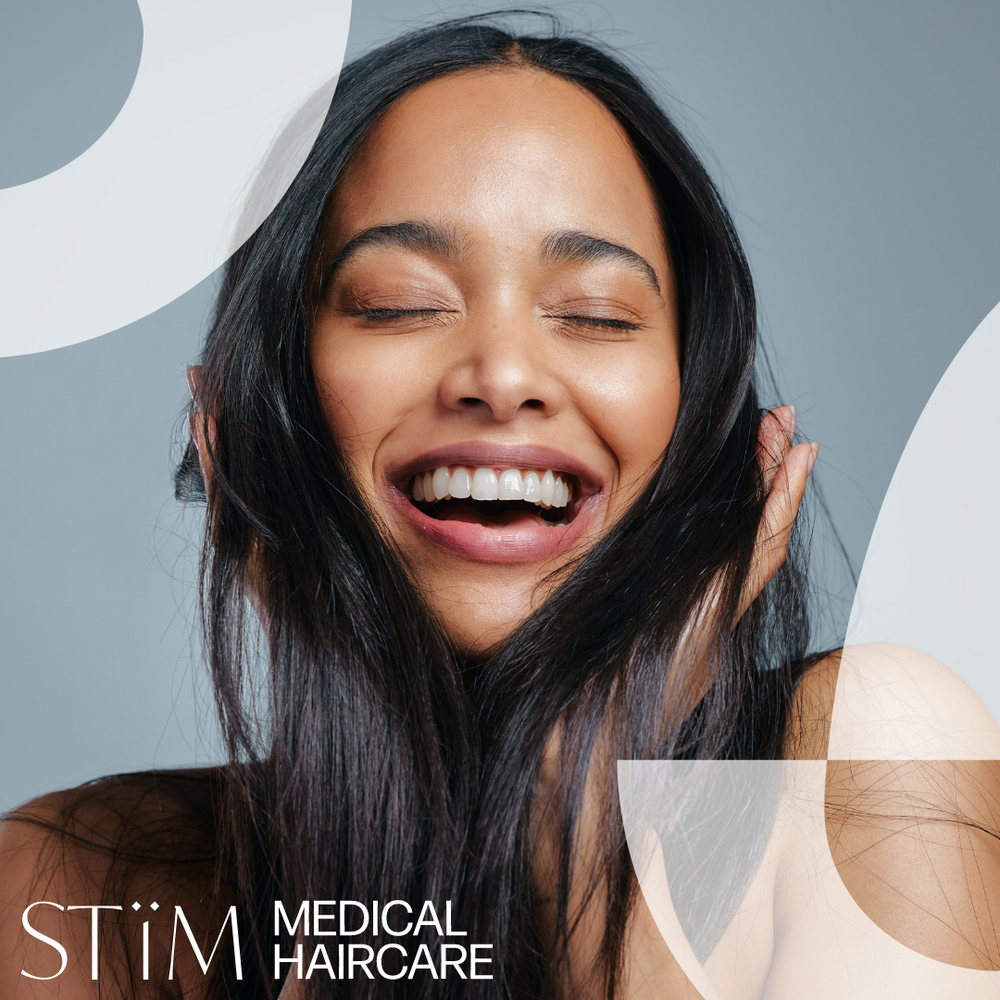Which Vitamin Deficiency Causes Hair Loss?

Hair loss can be a distressing experience, affecting both men and women alike. While various factors contribute to this common problem, vitamin deficiencies play a significant role in hair health.
Understanding the connection between vitamin deficiency and hair loss is crucial for implementing effective prevention strategies.
In this blog, we will explore the role of vitamin deficiencies in hair loss, as well as other potential causes, and provide valuable tips on preventing and stopping hair loss.
Which Vitamin Deficiency Causes Hair Loss?
Vitamins are essential for maintaining healthy hair. Among the many vitamins, two, in particular, are strongly associated with hair loss:
Vitamin D Deficiency
Vitamin D plays a vital role in hair follicle health. Studies suggest that low levels of vitamin D can contribute to hair loss. This deficiency disrupts the hair growth cycle, leading to weaker, thinner hair.
To address this, consider incorporating vitamin D-rich foods like fatty fish, eggs, and fortified dairy products into your diet. Additionally, exposure to sunlight, a natural source of vitamin D, can help optimise levels.
Vitamin B7 (Biotin) Deficiency
Biotin deficiency is another common cause of hair loss. Biotin is crucial for maintaining healthy hair follicles and promoting hair growth. Including biotin-rich foods like eggs, nuts, seeds, and leafy greens in your diet can help combat deficiency.
Additionally, biotin supplements may be beneficial, but it's essential to consult a healthcare professional before starting any supplementation.
What Causes Hair Loss Besides Vitamin Deficiencies?
While vitamin deficiencies are a significant contributor to hair loss, other factors can also play a role:
Hormonal Imbalances
Hormonal imbalances, such as those caused by conditions like polycystic ovary syndrome (PCOS) or thyroid disorders, can trigger hair loss. Addressing the underlying hormonal issue is crucial in such cases.
Stress and Emotional Factors
Chronic stress, anxiety, and emotional turmoil can disrupt the normal hair growth cycle, leading to hair loss. Adopting stress management techniques, such as regular exercise, meditation, and relaxation techniques, can help mitigate this impact.
Poor Nutrition
A diet lacking in essential nutrients can result in hair loss. Consuming a well-balanced diet that includes lean proteins, fruits, vegetables, and whole grains provides the necessary nutrients for healthy hair growth.
Medical Conditions and Medications
Certain medical conditions like alopecia, scalp infections, or side effects of medications can contribute to hair loss. Consulting a healthcare professional for diagnosis and treatment is crucial in such cases.
How to Stop Hair Loss: Prevention and Maintenance
Knowing how to prevent hair loss and the best steps to take can assist in preventing or minimising hair loss.
Balanced Diet
Maintain a well-balanced diet rich in vitamins, minerals, and proteins to promote healthy hair growth. Include foods like salmon, spinach, walnuts, and lentils to ensure adequate nutrient intake.
Vitamins and Supplements
Consider incorporating hair-boosting vitamins and supplements into your routine after consulting with a healthcare professional. Besides vitamin D and biotin, vitamins such as vitamin C, vitamin E, and iron play vital roles in hair health.
Haircare Routine
Adopt a haircare routine that focuses on optimising scalp health, strengthening hair and preventing hair loss, such as Stim Hair Care. You could also try regular scalp massage, and avoiding excessive heat styling and harsh chemical treatments.
Stress Management
Practice stress management techniques like exercise, yoga, and meditation to reduce the impact of stress on hair health.








